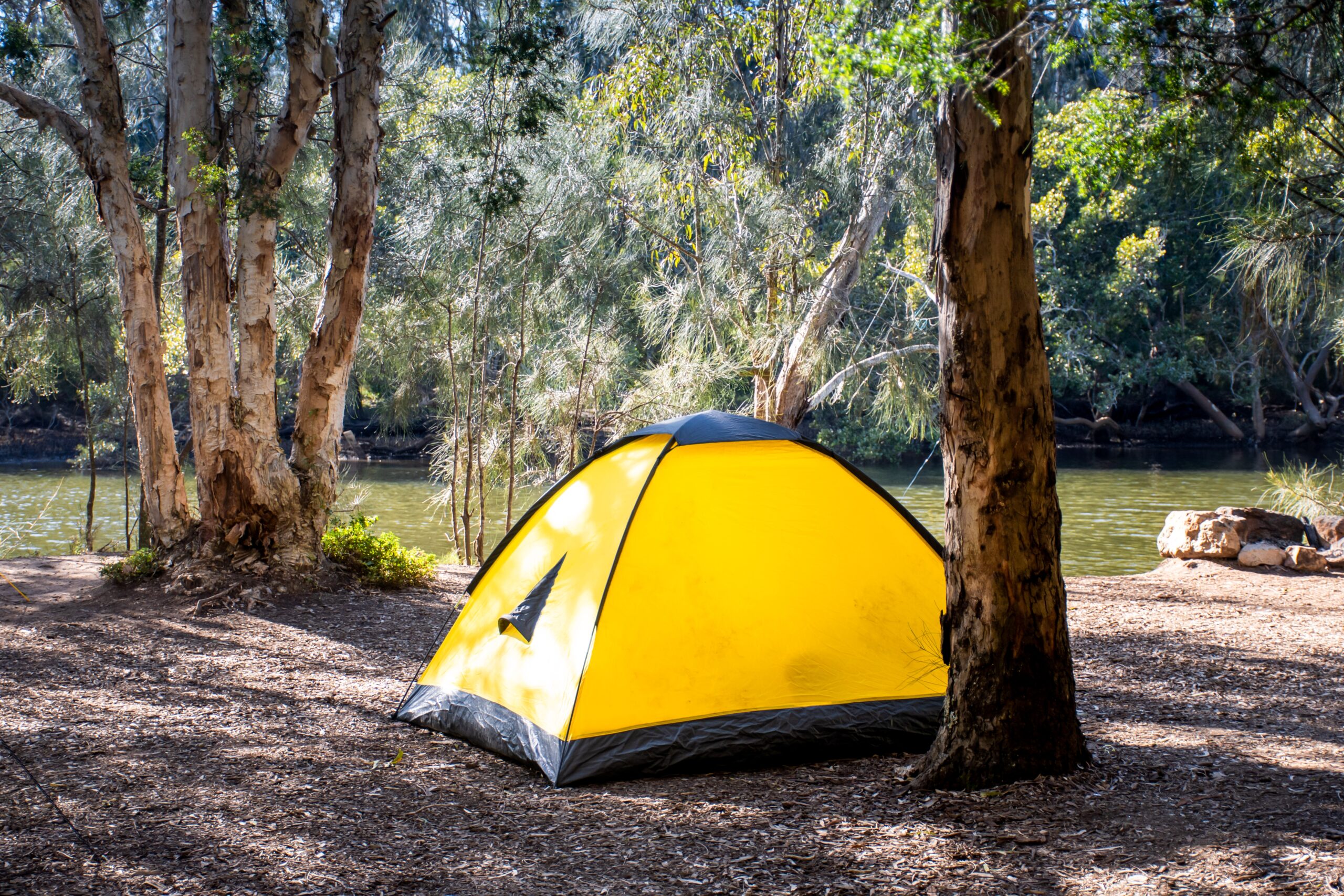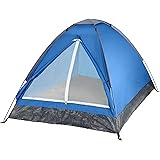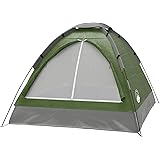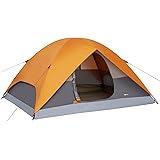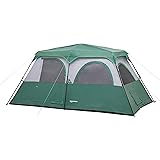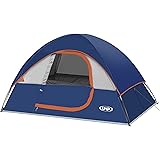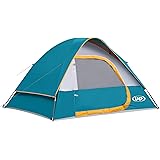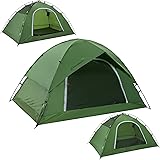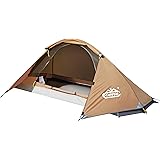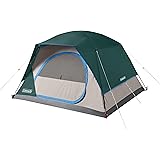Venturing into the great outdoors is a liberating experience, offering a unique blend of adventure, tranquility, and a deep connection with nature. Whether you’re planning a solo backpacking trip, a family camping weekend, or a gathering with friends under the stars, selecting the right tent is crucial to ensure comfort, safety, and enjoyment. Let’s dive into the world of outdoor tents and discover how to choose the perfect one for your next adventure.
1. Size and Capacity: The first consideration should be the tent’s size and capacity. Tents are categorized by the number of people they can comfortably accommodate. From solo tents to family-sized shelters that can fit eight or more, it’s essential to think about not just sleeping space but also room for gear. However, remember that more space often means additional weight.
2. Seasonality: Tents are designed to suit different weather conditions, categorized into three main types: 3-season, 3-4 season, and 4-season tents.
- 3-season tents are lightweight and designed for the milder conditions of spring, summer, and fall. They offer good ventilation and are equipped to handle light rain and wind.
- 3-4 season tents are for late fall, winter, and early spring, capable of handling moderate snow and colder temperatures. They strike a balance between ventilation and warmth retention.
- 4-season tents are built to withstand harsh winter conditions, including heavy snow and strong winds. They are the most durable but also the heaviest.
3. Weight: If you’re backpacking, the tent’s weight is a significant consideration. Ultralight tents are available for those looking to minimize their load, but they often come at a higher cost and might compromise on durability and space.
4. Ease of Setup: The ease with which a tent can be set up is crucial, especially after a long day of hiking. Instant tents or those with color-coded poles can simplify the setup process. It’s worth practicing at home before heading out to ensure a smooth experience in the field.
5. Durability and Protection: The quality of materials used in the tent’s construction determines its durability and protection against the elements. Look for tents with a high denier fabric and robust pole materials. Additionally, a good tent should have a waterproof rainfly and a sturdy groundsheet to keep you dry.
6. Ventilation: Proper ventilation is essential to prevent condensation inside the tent. Mesh panels are commonly used in tent doors, windows, and ceilings to enhance airflow while keeping bugs out.
7. Price: Tents vary widely in price, and the right choice often balances cost with features, durability, and weight. While high-end tents offer the best in technology and materials, there are also many budget-friendly options that do not compromise much on quality and functionality.
Choosing the perfect tent is about balancing your needs for space, weather resistance, durability, and weight with your budget. Whether you’re a seasoned camper or a newcomer to outdoor adventures, the right tent can make all the difference in creating memorable experiences in the natural world. So take your time, do your research, and select a tent that will be your cozy home away from home, under the vast, starry sky. #commissionsearn

